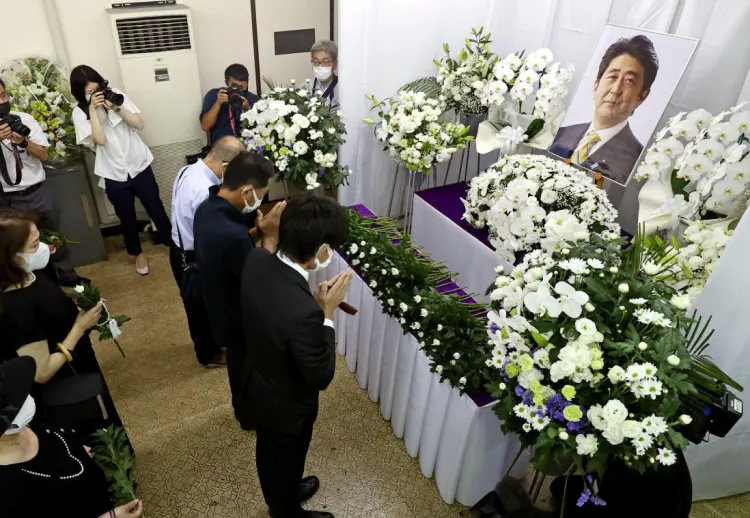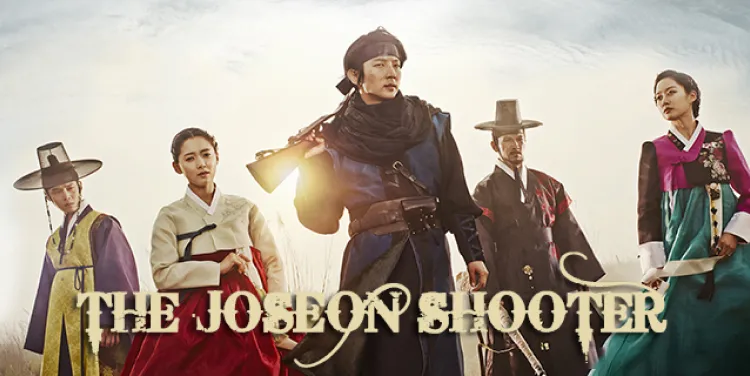A south-Korean society less and less patriarchal and open to the world
As you have already seen, Korea and its culture are subjects that I am passionate about and that I really care about. That's why I really want this society to open up more to the world around it and to restore rights and equity between its inhabitants.
A radical past
First of all, in order to understand how Korea came to this point, we have to go back in time: to the Joseon era (1392-1897), when Sejong the Great invented the Korean alphabet as we still know it today: the hangeul. This alphabet was mainly intended for rich men, necessary for the good development of the society. The women and the poorer classes were deprived of it during several years.
In this period, the society was thus very divided, sectorized: one found quite simply, rich on a side and poor on the other. There were no places for foreigners, except as slaves.
On the religious side, shamanism and Buddhist rituals were predominant in Korea. Ancestor worship and funeral rites are performed by the eldest member of the family in full respect of a neo-confucian morality. Christianity was not introduced until the end of the 18th century and these ceremonies were practiced in the greatest secrecy, out of the view of all.

A late modernization..
It is only with the Japanese occupation at the end of the 19th century that Korea will experience a brutal phase of modernization. Many Western ways and practices will appear: a new educational system, a reorganization of the dress codes, capitalist ideologies, ...

Today, we still note this strong influence of the Joseon era. To show it, we could as well evoke the K-POP environment with its idols, as the kDramas which put in scene the costumes of the Joseon
period.
The family model of patriarchy is still very present and the view of foreigners has not really
improved: they are only tolerated as tourists.
Although these ideas persist among the older generations, there is a desire for freedom and equality among Korean youth, which is asserted through groupings and demonstrations. Finally, in some kDramas, it happens more and more that we find the heroine of the series rebelling and claiming her opinions.
So, is there any good news for the future of South Korea? We will have to wait a little more to be sure...
